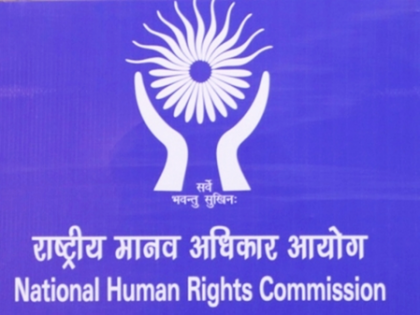NHRC seeks report on death of worker at Delhi's IGI Airport
By IANS | Updated: October 6, 2025 21:40 IST2025-10-06T21:35:52+5:302025-10-06T21:40:11+5:30
New Delhi, Oct 6 The National Human Rights Commission (NHRC) has sought a report from the Chairman of ...

NHRC seeks report on death of worker at Delhi's IGI Airport
New Delhi, Oct 6 The National Human Rights Commission (NHRC) has sought a report from the Chairman of the Airports Authority of India (AAI) and the Deputy Commissioner of Police, IGI Airport Unit, Delhi, within two weeks in connection with the death of a worker who fell from a height of around 10 feet during construction work at the Indira Gandhi International (IGI) Airport in the national capital.
The apex human rights body took suo motu cognisance of a media report alleging that attempts were made to suppress the incident by removing blood stains from the site.
In a press statement, the NHRC observed that the content of the report, if true, raise a serious issue of human rights violation.
It has sought details regarding the status of compensation, if any, paid to the next of kin of the deceased worker.
The apex human rights body has issued notices to the AAI Chairman and the Deputy Commissioner of Police, IGI Airport Unit, Delhi, seeking a detailed report within two weeks.
According to a media report published on September 25, the injured worker was taken to a nearby hospital where doctors declared him brought dead. A case has been registered for causing death due to negligence.
Reportedly, the worker was hired by a contractor for the construction work.
Established under the Protection of Human Rights Act, 1993, the NHRC, an autonomous statutory body, is an embodiment of India's concern for the promotion and protection of human rights.
Its primary role is to protect and promote human rights, defined as the rights relating to life, liberty, equality, and dignity of individuals guaranteed by the Constitution or embodied in international covenants and enforceable by courts in India. The apex human rights body has the power to take suo motu (on its own motion) action based on media reports, public knowledge or other sources, without receiving a formal complaint of human rights violations.
Disclaimer: This post has been auto-published from an agency feed without any modifications to the text and has not been reviewed by an editor
Open in app